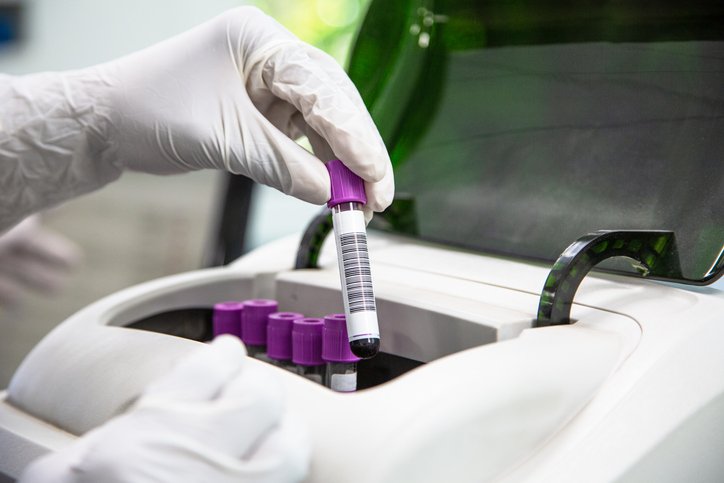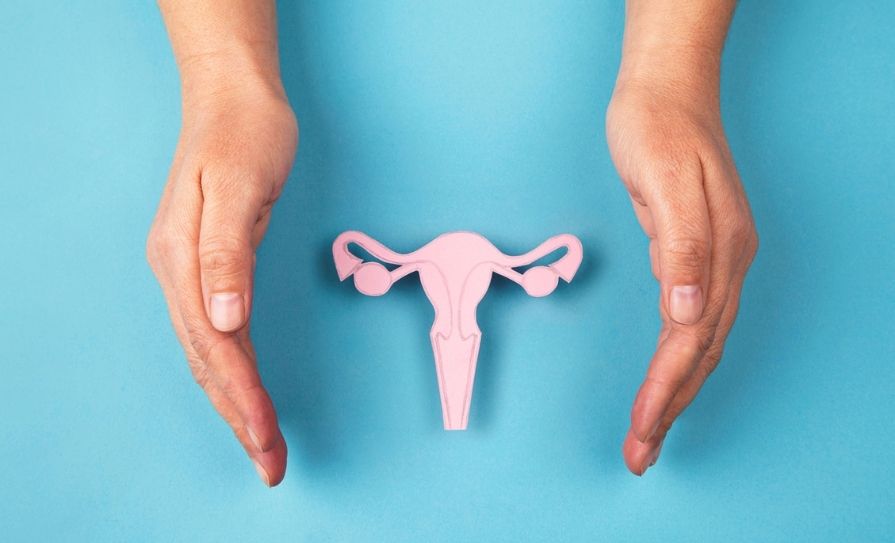Blood Cancer Network Ireland (BCNI) is a national collaborative network of clinicians, scientists and population health experts with a shared interest in blood cancer research. BCNI is funded by the Irish Cancer Society and Science Foundation Ireland and operates at five cancer-treating hospitals across the country – Galway University Hospitals (GUH), Cork University Hospital (CUH), and Dublin’s St James’s, Beaumont, and the Mater hospitals. The main aims of BCNI are to provide Irish blood cancer patients access to innovative and novel drugs by conducting early phase clinical trials and conduct translational research.
Clinical trials
The establishment of BCNI as a collaborative network for blood cancer clinical trials has been hugely successful and has changed the landscape of access to novel therapeutics for blood cancer patients. Thus far, BCNI has brought four clinical trials to Ireland, two of which are completed (GMI-1271-201 and GMI-1271-230), two ongoing (GMI-1271-301, CyBorD-DARA), while another one is in the pipeline (CPD-DARA) and BCNI sites are involved in a number of other trials, such as the EMN-18 and Isa-RVD studies due to start in 2021.
Of these trials, two – CyBorD-DARA and CPD-DARA are investigator-initiated trials. CyBorD-DARA is sponsored by NUIG, with Janssen and Cancer Trials Ireland as collaborative partners. The trial opened at three BCNI sites – GUH, CUH and Beaumont – and recruited 18 patients who have now all finished treatment. The results so far indicate benefits to the patient of the regimen and the interim results were published in Blood Advances in 2019.
The second BCNI investigator-initiated trial is CPD-DARA and is led by GUH. This will be a phase Ib study using pomalidomide, cyclophosphamide, dexamethasone and daratumumab in patients with relapsed refractory multiple myeloma (MM). Funding to be provided by Janssen with a translational arm funded by Celgene with Cancer Trials Ireland acting as the sponsor for this study.
The trial will involve 18 patients with relapsed/refractory MM who have been on at least three lines of previous therapy. The aim of the study is to determine the maximum tolerated dose (MTD) and the recommended phase 2 dose (RP2D) for pomalidomide that can be safely administered with DARA and cyclophosphamide. Recruitment for this trial will be open in CUH, Beaumont and GUH with an anticipated opening date in the first quarter of 2021.
The industry-initiated GMI trials; GMI-1271-201 and GMI-1271-301 were for patients with AML. GMI-1271-201 is now closed and this successful study has led to US FDA approval of GMI-1271 (now uproleselan). BCNI’s contribution to the GMI-201 and GMI-230 studies led to further collaboration with GMI for the GMI-1271-301 trial, which is a phase 3 randomised, double-blind trial currently open to evaluate the efficacy of uproleselan administered with chemotherapy, versus chemotherapy alone in patients with relapsed/refractory AML (DeAngelo et al, 2019).
BCNI sites are also involved in the Lymrit 37-01 study, which is a currently recruiting phase 2 industry-sponsored (Nordic Nanovector) study for patients with relapsed non-Hodgkin lymphoma led by Cancer Trials Ireland. The study tests a new type of radio-immunotherapeutic agent; lutetium (117Lu) lilotomab satetraxetan. Recruitment for this study is open in GUH, St James’s and the Mater, and aims to recruit over 120 patients across Europe.
The EMN-18 study is a phase 2 study in transplant-eligible newly diagnosed MM patients sponsored by the European Myeloma Network in collaboration with Janssen and Takeda Pharmaceuticals and co-ordinated in Ireland by Cancer Trials Ireland (testing the treatments Ixa DARA versus Ixa maintenance). The anticipated opening date is in the first quarter in 2021, with five sites across Ireland, four of which are BCNI sites. Close collaboration with Cancer Trials Ireland is crucial to the successful roll-out of this clinical trial.
Another industry-sponsored study will be for patients with newly diagnosed MM will be run also in collaboration with Cancer Trials Ireland. The Isa RVD study is a phase 2 multi-centre, single arm, open label study and will evaluate a combination of isatuximab, lenalidomide, bortezomib, and dexamethasone in patients with newly diagnosed MM. The anticipated opening of the study is in the first quarter of 2021.
Biobanking and data registration
The BCNI Biobank is an also integral part of the network, storing two types of tissue: blood and bone marrow samples from patients with haematological malignancies. These samples, collected with patients’ consent, are stored for future research. The biobank has collected over 350 samples from patients across the country diagnosed with blood cancers including AML, MM, ALL, MDS, MGUS, and CLL. Samples are now collected at all six of the adult cancer centres in Ireland. The samples stored in the BCNI biobank are available for collaborative translational research nationally.
BCNI also collaborated with the National Cancer Registry Ireland (NCRI) in order to modernise and expand blood cancer registration in Ireland.
Previously, the blood cancer registry was very basic in nature (eg, incidence and mortality data under umbrella terms without distinguishing exact disease or the key molecular pathology). During the collaboration with NCRI, BCNI developed extended data dictionaries for the most common blood cancer types (AML, MM and CLL) and rolled out the extended data collection for AML nationwide. Building on these, BCNI aims to develop patient-reported outcome measure studies (PROMs) and quality-of-life (QoL) studies to better understand the impact of therapies on patients.
Future
Since its inception, BCNI has created a brand and a presence in the Irish researcher society, clinicians, patients and patient groups, acting as a force for positive change – sharing first-class research with the public – both through clinical trials by giving patients access to world-class novel treatments, but also through communication and outreach activities. BCNI takes part in Irish Cancer Society events, such as Daffodil Day and Clinical Trials Day and also has ongoing engagement in outreach to the public and patients via relevant charities and institute-led events.
BCNI is constantly evolving, and new clinical studies are being launched at an ever-growing pace. The pressure to enrol patients in clinical trials has never been greater. These trials will be across different blood cancers, as well as covering different stages of the diseases. BCNI intends to develop Ireland as a model for practise in co-ordinating biobank, registry, clinical and pre-clinical data. Harmonising these four aspects of blood cancer research would put Ireland at the forefront globally as an attractive site for clinical trials and industry investment, which enables the provision of the utmost in cancer treatment for patients.













Leave a Reply
You must be logged in to post a comment.